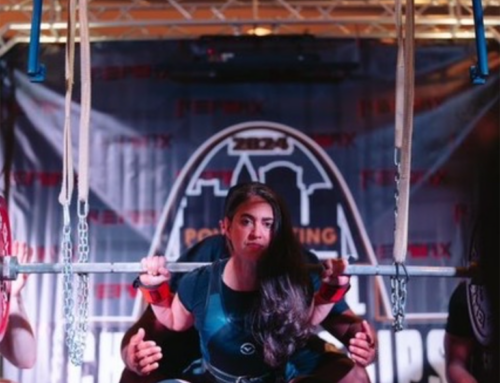I love the Olympics. I love watching the Olympics. I love the display of athleticism, grit, determination and sportsmanship. It inspires me to no end, and always gives me lots of things to think about in business and in life.
ONE:
Even at the Olympic level, where the elite of the elite meet, there is often great ranges in performance. You would think that the top 0.01% of athletes in the world would be so close in ability, that every race would be decided my milliseconds.
Well, sometimes that is the case, like in the men’s 100m race. But in many others the discrepancy among competitors was quite wide.
In some track and field races, runners were getting lapped. In some swimming events, the winner put other finishers completely out of the frame. In Breaking …. well, never mind, you’ve seen the memes.
The same will hold true for our people and teams at work. Performance will vary widely. We can’t expect everyone to be the same, or perform at the same level.
What we can do, as leaders, is put people in the best possible positions that play to their strengths … improving both performance and job satisfaction.
Some sprinters can do well in the 100m, but excel in the 200m.
Where can your teams or people excel?
TWO
Speaking of Breaking ….
All memes aside, Rachael Gunn of Australia can teach us two things: don’t be afraid of failure, and don’t be afraid of looking foolish.
When you get over those two things – you will be free to try anything. And that freedom will lead to you making leaps and bounds that most everyone else is afraid of taking – and will separate you in ways that just may lead to crazy success.
THREE
The fastest runners don’t always win the relay races. Relay races are usually won by the teams who pass the baton the best.
Passing the baton well takes great trust. It is often done “blind”, meaning the lead runner will not look back – trusting their team member will tell them when to go, when to put their and back, and most importantly – putting that baton in their hands.
Simply put, the best teams have the most trust.
FOUR
Noah Miles got sick before the 200m final. A passing lane suddenly opened up for 1500m runner Cole Hocker, allowing him to win Gold. Fiona O’Keefee dropped out of the Marathon shortly after it started. Jordan Chiles looses her bronze medal because her score challenge was filed 4 seconds too late.
These are just a few examples that remind me how much luck (good or bad), randomness and serendipity play a role in our lives.
No matter how hard you work, how long you strategize, how much you plan – there comes a time when you just have to accept the fact that sometimes … things are out of your hands.
There is a great book, “The Click Moment” by Frans Johansson, that puts forth a very provocative idea: that success is random – far more random than we have come to believe.
It’s worth a read – and worth getting your mind around.
FIVE
The best coaches want to work with the best athletes.
They are not intimidated by them, or afraid of them, or fearful that one day they may become coaches themselves and steal all their good ideas.
No. They want to work with the best because they want to be the best. They want their teams to be the best. They want to chase greatness.
The lesson here is one we hear all the time. Hire great people. Hire people smarter, better, and with greater experience, etc.
As a leader, that is how you raise the ship.
And all those great athletes, if they bring the right culture and mindset – want to be coached. Need to be coached.
Sometimes your job as a leader is to simply be coach to your stars – then get out of the way and let them perform.


